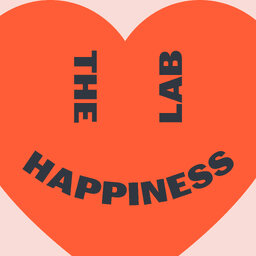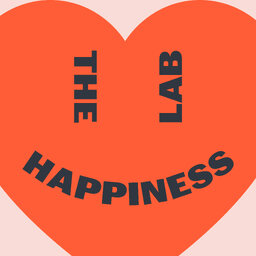Why Don't We Have a 15-hour Work Week?
By 2030 we'll only work 15 hours a week, predicted the legendary economist John Maynard Keynes back in 1930. He thought advances in technology and wealth would let us earn enough money to live in a day or two - leaving the rest of the week for leisure and community service.
How wrong he was. We seem to be working more than ever - with technology adding extra tasks to our workdays (like answering emails and monitoring Slack). Dr Laurie longs for more leisure time, but how can she tame her fear of being "unproductive"?
Computer scientist Cal Newport explains how we all got into this mess - and why we still treat modern employees as if they were farm laborers or assembly line workers. Reformed "productivity junkie" Oliver Burkeman also offers tips on how to concentrate our minds on fulfilling and important work - and not little tasks that chew up so much of our days.
In 1 playlist(s)
The Happiness Lab with Dr. Laurie Santos
You might think you know what it takes to lead a happier life… more money, a better job, or Instagra…Social links
Follow podcast
Recent clips

How to Find "The One": The Science of Dating with Tim Molnar
45:01

How to Feel Truly Loved (with Dr. Sonja Lyubomirsky and Dr. Harry Reis)
42:09

How to Design a More Meaningful Life (with Dave Evans and Bill Burnett)
46:30
 The Happiness Lab with Dr. Laurie Santos
The Happiness Lab with Dr. Laurie Santos